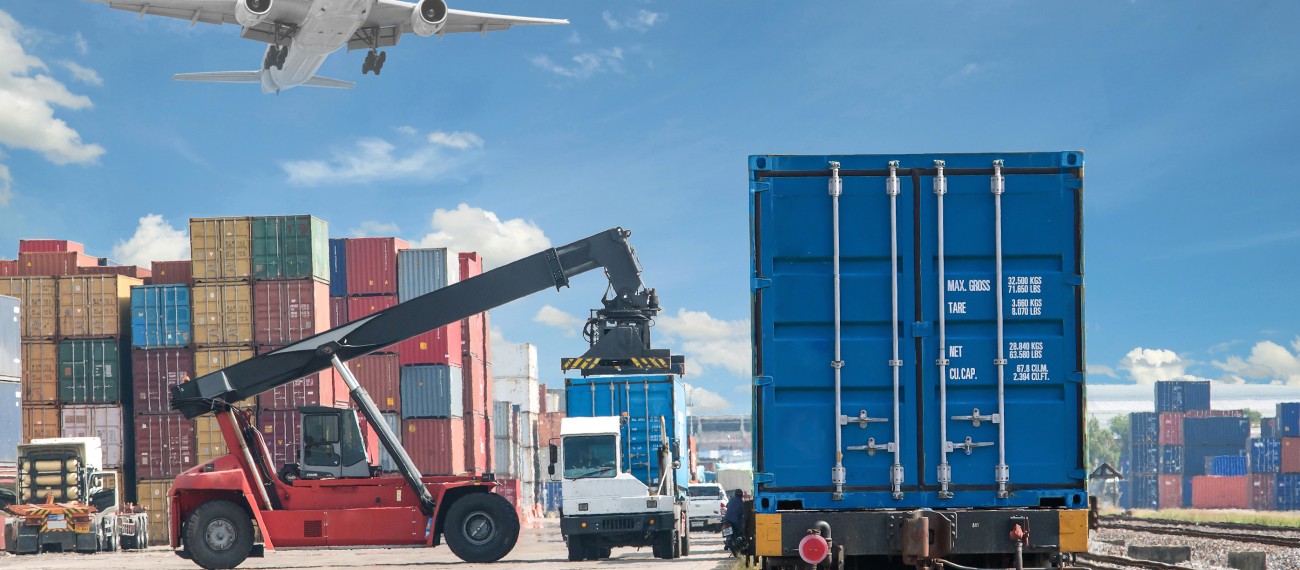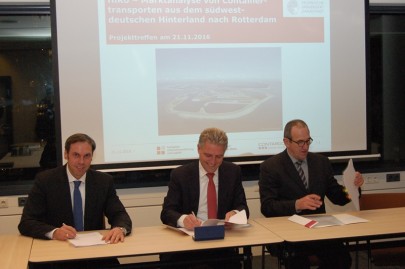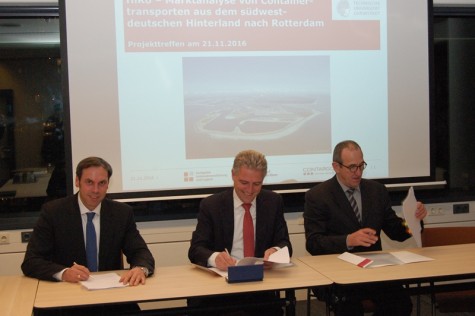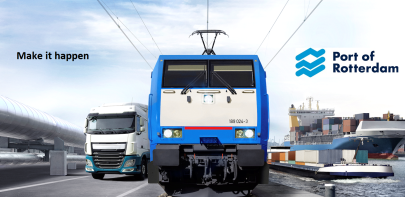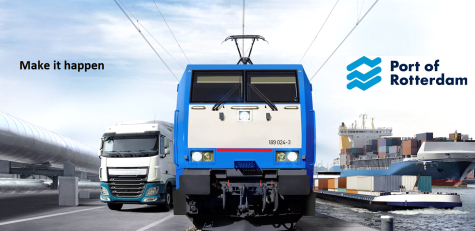TU Darmstadt examines in cooperation with the Port of Rotterdam and Contargo the market potential of container transports from the South West German hinterland towards the seaports. The project aims at generating a deeper understanding of the stakeholders’ decision behavior. Therefore, the relevant decision criteria for shippers, forwarders, and carriers influencing the port choice as well as the modes and routes of transportation will be identified and analyzed.
The focus of the analysis is an extensive survey of shippers, forwarders, and carriers in one of the strongest economic regions of Europe (Baden-Wuerttemberg, Rhineland-Palatinate and Hesse).
In general, the actors can choose between several competing ports, modes and routes of transportation. Due to increasing capacity constraints it can be assumed that particularly the quality of hinterland accessibility is a crucial factor for shippers, forwarders, and carriers. However, the efficiency of hinterland connections for alternative routings is hard to compare. Since therefore a complex analysis of the entire logistics chain from the shipper to the port would be necessary.
Detecting the economic and ecological advantages
The decision makers often tend to re-use already chosen transportation routing, even though a continual improvement in services offered by competing ports, modes and routes of transportation would make alternative routings economically and ecologically more advantageous.
With this project the consortium tries to identify to what extent decision makers perceive service improvements and consider them in their decision behavior of alternative routing in the Hamburg-Le Havre range. The relevant decision criteria will then be implemented in a simulation model and analyzed via parameter variations.
The results will contribute to the understanding of the market behavior. This enables the development of actions that need to be taken to amplify the modal shift towards an intermodal and therefore ecologically advantageous transportation of containers from the South West German hinterland towards the seaports.
Key Data:
Runtime: September 2016 bis März 2018
Partners:
- Havenbedrijf Rotterdam N.V.
- Contargo GmbH & Co. KG

